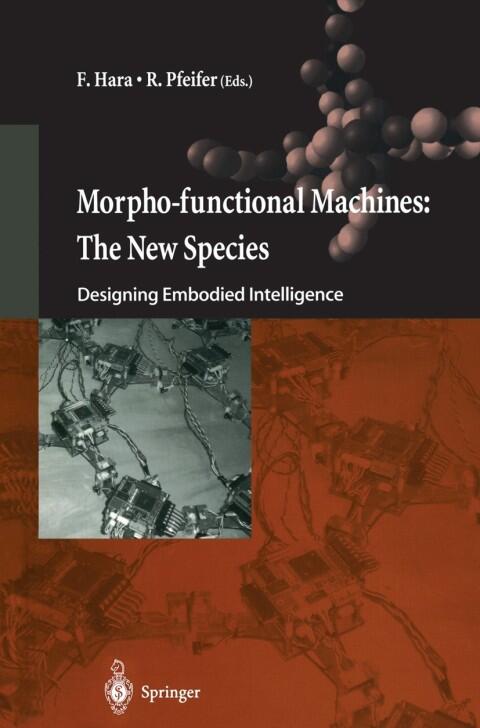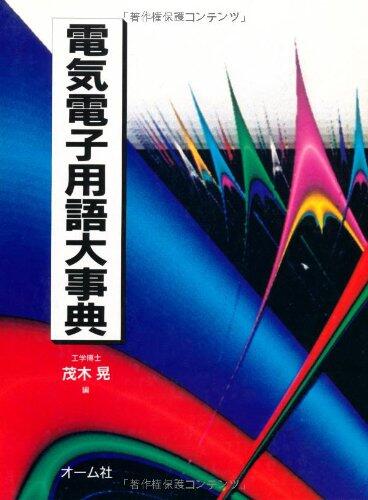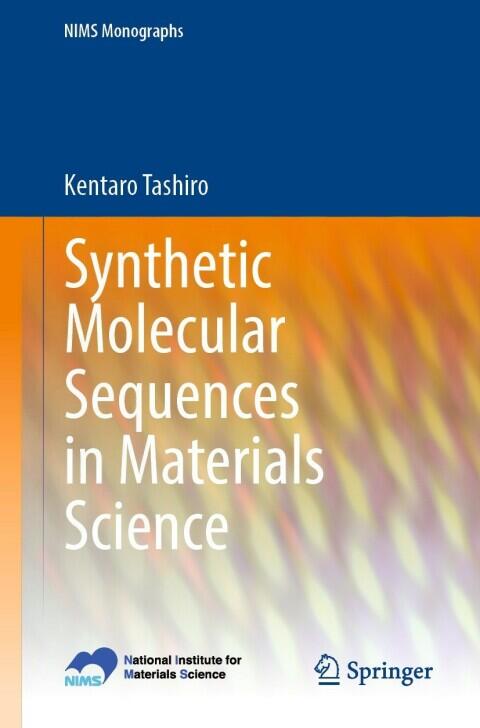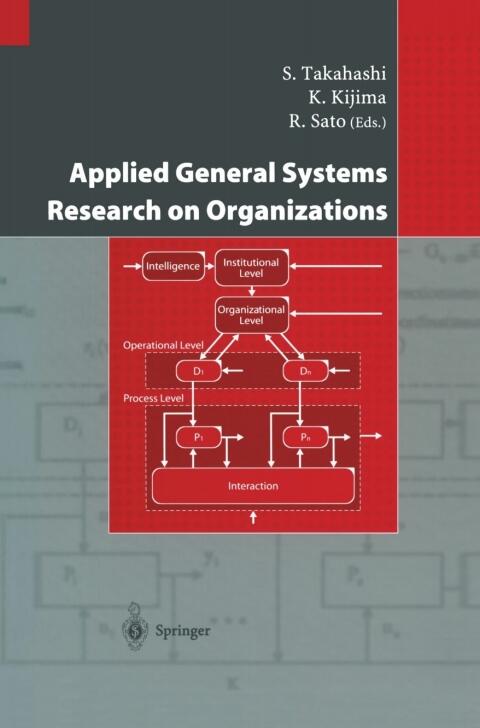
Morpho-functional Machines: The New Species: Designing Embodied Intelligence
от
F. Hara; R. Pfeifer
Оценок пока нет
Science & Technology
Формат
Kindle
Страницы
421
Язык
Японский
Опубликовано
Jan 1, 2011
Издатель
Springer
Издание
2003
ISBN-10
4431678697
ISBN-13
9784431678694
Описание
In a world where the boundaries of technology and biology increasingly blur, the exploration of Morpho-functional Machines unveils a fascinating journey into the realm of embodied intelligence. This book dives deep into the design principles that govern these machines, offering readers a comprehensive understanding of how they can mimic the complexities of living organisms. Through meticulous research and innovative frameworks, it proposes new ways to think about machine design, encouraging a re-evaluation of what constitutes intelligence.
The authors shine a light on how these machines, drawing inspiration from nature, can enhance various fields, from robotics to artificial intelligence. By understanding the underlying morphologies and functionalities of natural systems, they lay the groundwork for creating more effective and adaptable technologies. Each chapter not only presents theoretical insights but also showcases practical applications, making the content accessible for both novices and experts.
As the narrative progresses, readers are introduced to various case studies that illustrate the practical implications of Morpho-functional design. These examples provide a glimpse into how the principles outlined can be applied to real-world challenges, bridging the gap between theory and practice. The book emphasizes the importance of flexibility and adaptability in machine design, mirroring the evolutionary processes seen in nature.
Ultimately, it serves as a pivotal resource for anyone interested in the future of intelligent systems, intertwining science, engineering, and philosophy. The compelling arguments and visionary concepts presented invite readers to reconsider what the next generation of machines could achieve, paving the way for groundbreaking advancements in technology and our understanding of intelligence itself.
The authors shine a light on how these machines, drawing inspiration from nature, can enhance various fields, from robotics to artificial intelligence. By understanding the underlying morphologies and functionalities of natural systems, they lay the groundwork for creating more effective and adaptable technologies. Each chapter not only presents theoretical insights but also showcases practical applications, making the content accessible for both novices and experts.
As the narrative progresses, readers are introduced to various case studies that illustrate the practical implications of Morpho-functional design. These examples provide a glimpse into how the principles outlined can be applied to real-world challenges, bridging the gap between theory and practice. The book emphasizes the importance of flexibility and adaptability in machine design, mirroring the evolutionary processes seen in nature.
Ultimately, it serves as a pivotal resource for anyone interested in the future of intelligent systems, intertwining science, engineering, and philosophy. The compelling arguments and visionary concepts presented invite readers to reconsider what the next generation of machines could achieve, paving the way for groundbreaking advancements in technology and our understanding of intelligence itself.
Обзоры
Отзывов пока нет
Станьте первым, кто оставит отзыв о этой книге и поделится своими мыслями
Добавить первый отзывЖурнал чтения
Журналы чтения не найдены
Начните отслеживать ваш прогресс в чтении, чтобы видеть записи здесь
Добавьте ваш первый журнал чтенияЗаметки
Журнал транзакций
Журналы транзакций не найдены
Начните отслеживать ваши книжные транзакции, чтобы видеть записи здесь
Добавьте ваш первый журнал транзакций


















